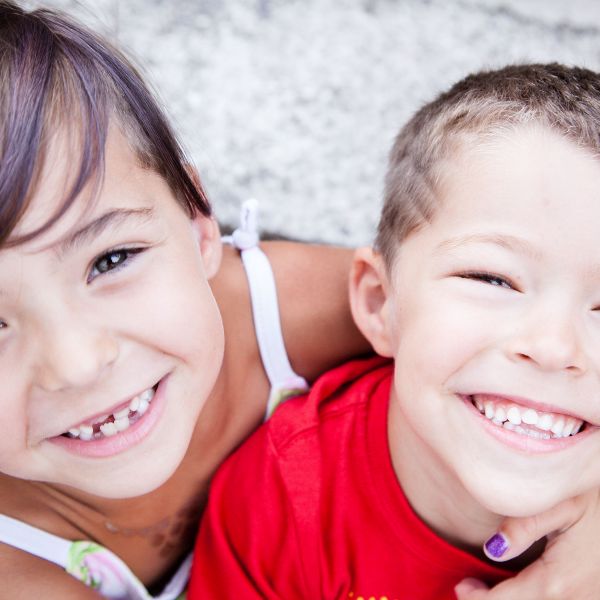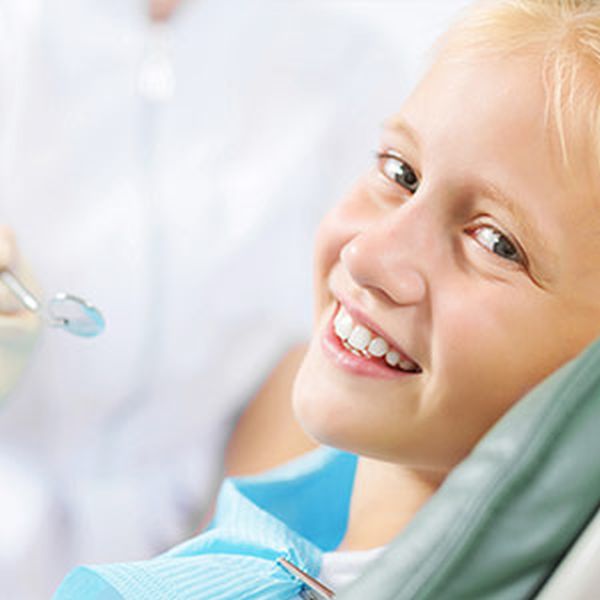8 things you should know about baby teeth

Many parents mistakenly believe that temporary or baby teeth don’t require the same care as permanent teeth simply because they are going to fall out. But we’re here to remind you that this is not the case.
It is important to instil good oral care habits in children: they should get used to brushing their teeth morning and night from a young age to avoid future dental issues.
Here's a list of the things that every parent should know about baby teeth:
- We recommend that parents clean the gums of their nursing babies with damp gauze to remove any bacteria produced during feeding, either through breastfeeding or a bottle.
- The first baby teeth come in at 6 months of age, and it is not until age 6 that the permanent teeth begin to come in.
- Your child will have 20 teeth in his/her mouth from the ages of 2 to 6. The first permanent molars begin to come in around the age of 6; these come in behind the last primary molar and will not replace any baby tooth. Children begin to lose their first baby teeth at this age, usually starting with the lower incisors.
- Your child should visit the paediatric dentist when his/her first baby tooth comes in.
- Until the age of 2, we recommend brushing teeth with a soft toothbrush with a small head and no toothpaste.
- Teething is uncomfortable for children. One way to help alleviate this pain is a teether. This is a toy that can be purchased at any pharmacy and kept cold in the refrigerator to calm painful gums when your baby chews it.
- Avoid cavities with a diet low in sweets.
- Whenever possible, check regularly for any tartar, tooth decay or oral problems at home.
If your child has his/her baby teeth, we recommend that you make an appointment with a paediatric dentist for a complete check-up.


